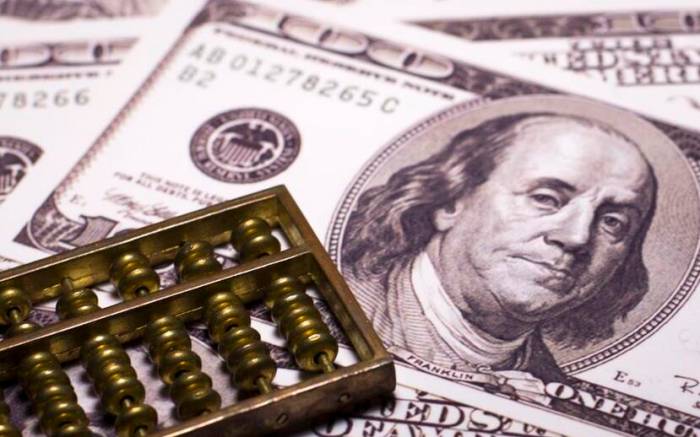With the rapid development of various countries, it is not a simple task for the United States to maintain the hegemonic status of the US dollar. Nowadays, the US dollar is gradually beginning to wane, and the world has entered an era of currency diversification. The United States is not reconciled to this and is bound to keep making moves. How will China respond?
01, The Birth of the South American Dollar
We are continuously striving to enhance the international status of the renminbi.
Not long ago, we expanded the scale of currency swaps with Argentina, which led to an increase in Argentina's foreign exchange reserves from 130 billion yuan to 165 billion yuan. Currently, the renminbi now accounts for more than 40% of Argentina's foreign exchange reserves, and at the same time, the trade relationship between China and Argentina is also continuously strengthening.
Entering February, another piece of good news came: the central banks of Brazil and China signed a cooperation agreement, which will facilitate the use of the renminbi for trade settlement between the two countries in the future, thus bypassing the US dollar.
In addition, Brazil and Argentina are preparing to introduce a unified currency and hope to attract more and more South American countries to join this "South American dollar". This will not only help to reduce the status of the US dollar but also enhance the international status of the renminbi due to the increasing proportion of the renminbi in Argentina's foreign exchange reserves.
02, Suppressing Japan
If the United States wants to continue to dominate the world financial market, it must maintain the weight of the US dollar. What means will it use?
We can look at the history of the past.In the 1970s, the United States encountered an oil crisis, leading to a decade-long stagflation in the U.S. economy. However, Japan rose to prominence during this period, which caught the attention of the United States.
In the early 1980s, the U.S. aggressively raised interest rates, which in turn pushed up the U.S. dollar index. Subsequently, in the mid-1980s, through the Plaza Accord, the U.S. forcibly demanded a significant appreciation of the Japanese yen, while the U.S. dollar depreciated sharply.

As a result, Japan's economy experienced a hard landing in the early 1990s, and the country fell into a 30-year period of stagnation. Consequently, by the early 21st century, Japan had dropped from being the second-largest economy in the world in terms of GDP, indicating that the U.S. strategy had been successful.
03. Suppressing Europe
In fact, it's not just Japan that has faced such a situation; the current Europe (or the Euro) is in a similar predicament.
The Euro, a currency that has only been in existence for over 20 years, has seen its status soar in recent years, ranking second only to the United States in many aspects, and closing the gap with the U.S. in terms of international trade payment share.
Feeling a significant threat, the U.S. naturally could not afford to ignore it and thus initiated a plan that had been in the works for several years.
Last year, the U.S. used the continuously appreciating dollar to suppress the Euro's exchange rate, transferring its high inflation to Europe.
Then, taking advantage of conflicts emerging in Europe, the U.S. continuously drove up energy prices, causing an energy crisis in the region.
The impact on the European economy may not be immediately apparent in the short term. However, looking back after 5 or 10 years, the Eurozone might become the second Japan.04, Global Resistance to the US Dollar
Naturally, other countries are not just sitting idly by; de-dollarization is becoming a global trend.
The oil settlement system that the United States has long relied upon is facing the risk of collapse. Gulf countries will increase their oil and gas trade with China in the coming years, and use the Chinese yuan for settlement during the trade process, finally allowing the yuan to break into the US dollar oil system.
On the other hand, the African country of Ghana has also started to use gold in exchange for oil, no longer using the US dollar for oil settlement.
Under normal circumstances, Ghana would need to pay at least 350 million US dollars for its substantial monthly crude oil imports, but now, by switching to gold, it is equivalent to making at least 4 billion US dollars disappear from the global payment data each year.
An increasing number of events indicate that the status of the US dollar is gradually declining.
post your comment